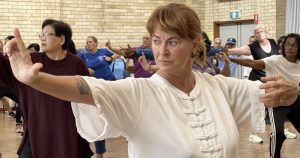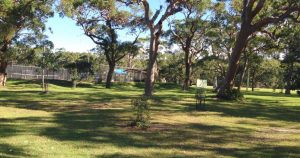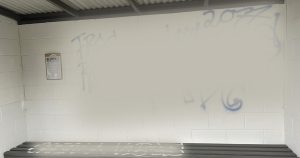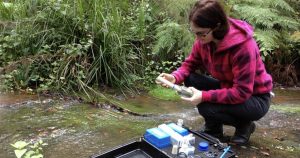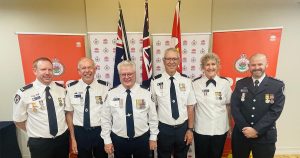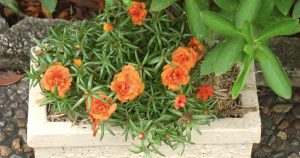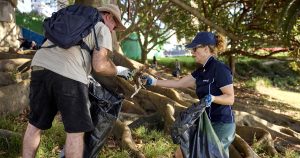Set on the 30-acre bushland site in Dural, Warrah School provides an idyllic environment for children with moderate to severe autism and other disabilities.
The school is part of the larger Warrah Community that includes a biodynamic and organic farm and a supported community for adults living with disabilities.
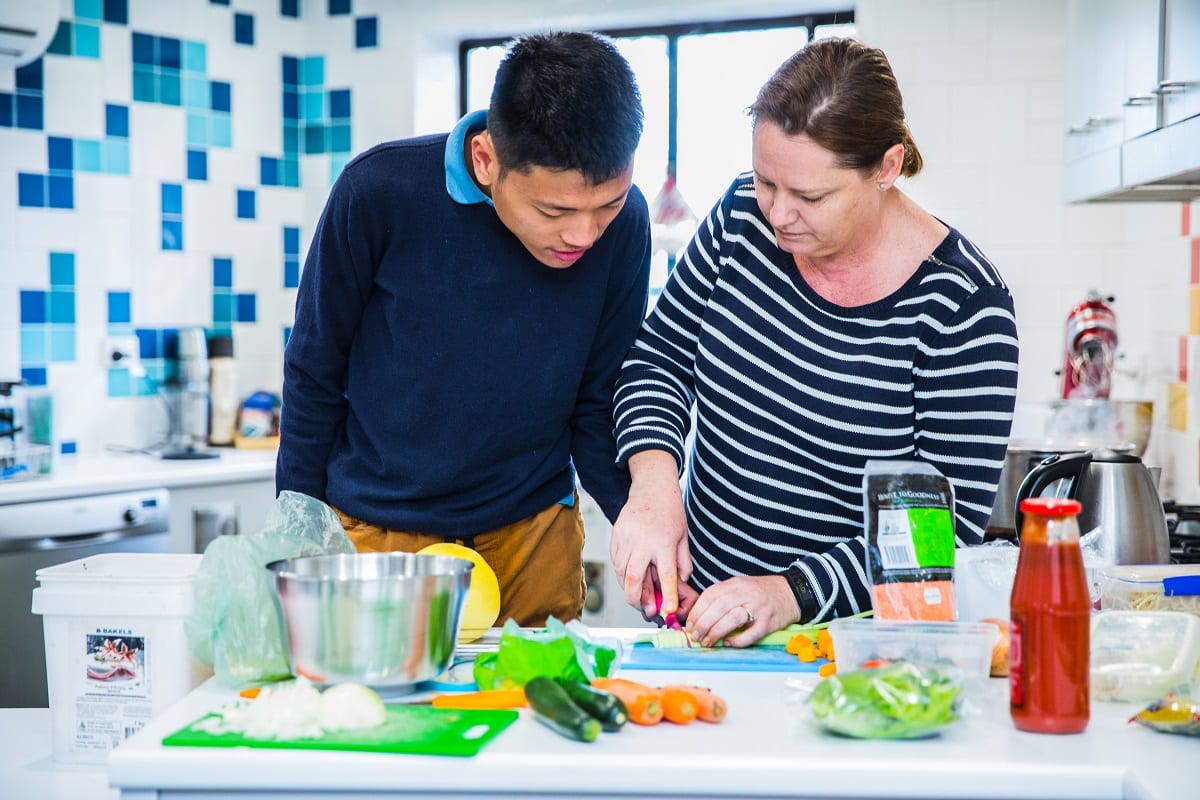
Founded 50 years ago, Warrah School offers educational and vocational programs in the Rudolf Steiner tradition of learning which addresses three key elements of human development – thinking, feeling and activity. incorporating the connection to and healing power of nature.
“We have recently developed a new curriculum on the leading edge of special needs education,” Principal Jan Fowler says, “students thrive when they have a connection to the natural world and can see the transformation process revealed to them through working with natural materials such as wood, wool and fibre and the earth.”
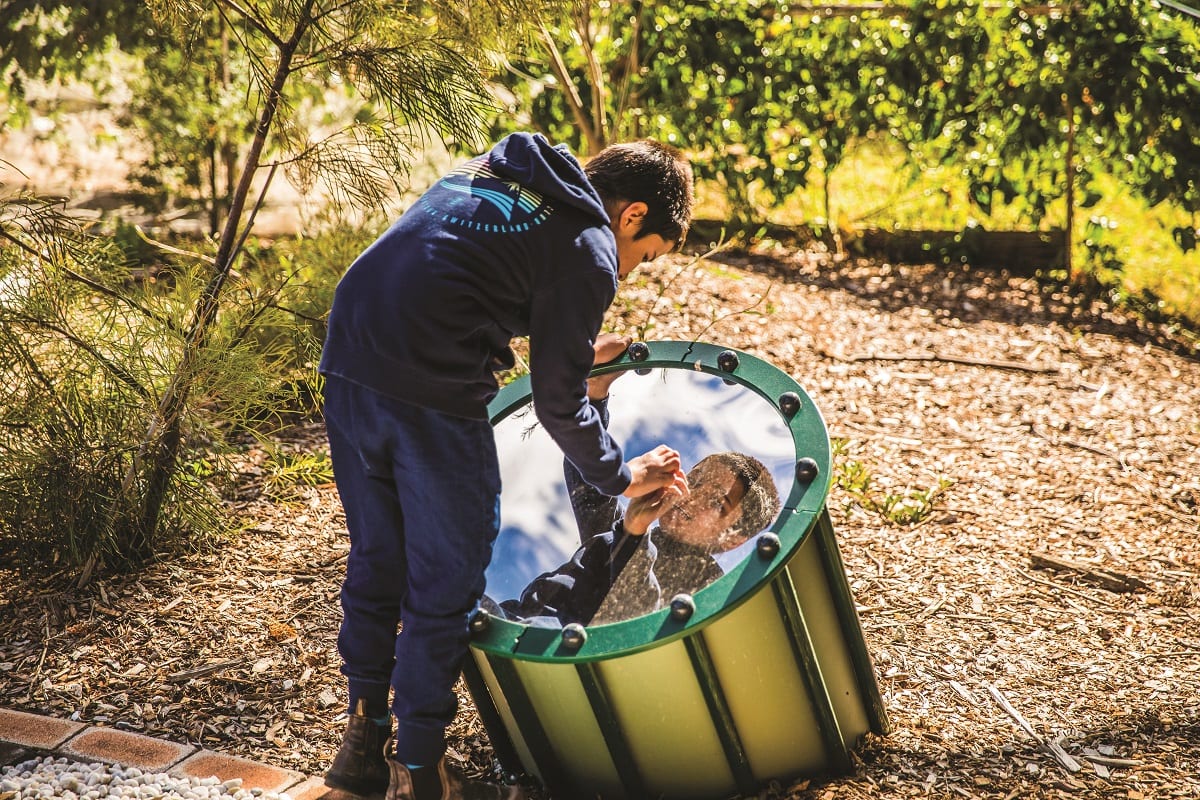
With almost 1000 trees on the property, fruit and vegetable gardens, and abundant wildlife, the school makes the most of its beautiful environment “to do something purposeful and meaningful,” she says.
“Instead of teaching literacy and numeracy through books — a passive approach — we engage them in a range of practical tasks.”
Students learn traditional crafts, such as spinning and weaving wool on a loom and turning wood on a lathe to create products of use for the Warrah and local community. They also participate in growing the farm’s fruit and vegetables, which they then harvest and learn to cook with.
In the community’s Farm Shop, students measure, weigh and pack produce for the co-op boxes; acquiring computational and organisational skills while performing a useful job that fills them “with great pride and independence,” Ms Fowler says.
Manual activities help students “find connection and meaning,” she says: “You can see the A-ha! moment when they realise that they are creating something; it gives them joy and the sequential process provides the learning once realised in an end product .”
And a lot of incidental learning. “The skill that’s required to set up a loom, in terms of getting the quantity of wool, creating the design, colour and being supported to deliver quality workmanship, is an amazing process that encompasses artistry, mathematical calculations and even the biology and growth cycle of the sheep,” she says.
Read more of this story on our Facebook page.

